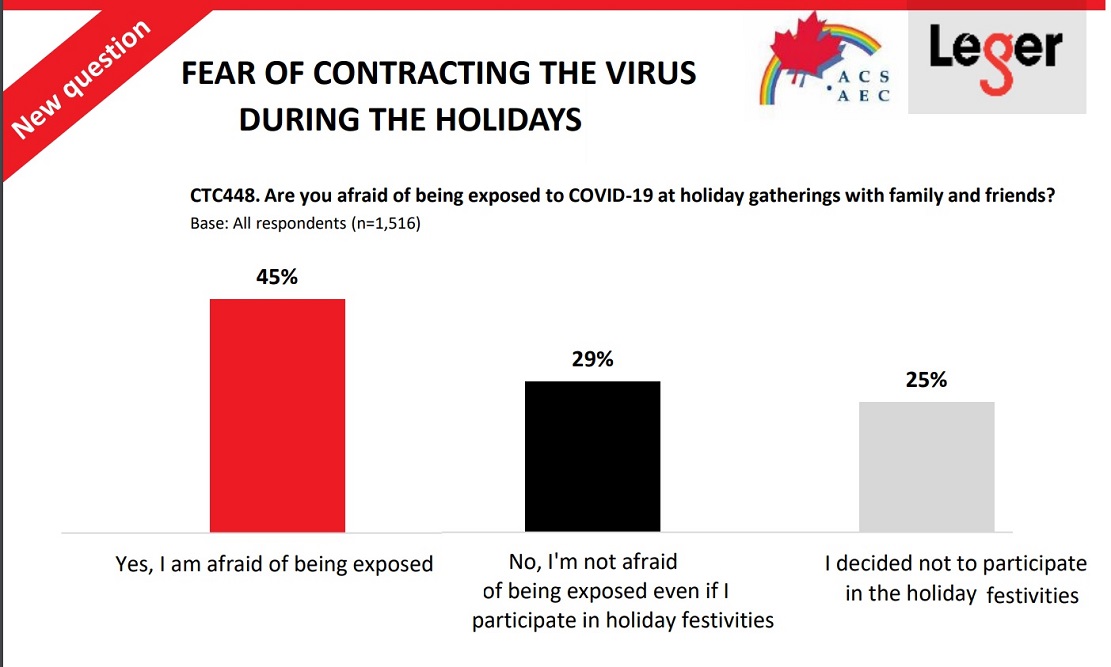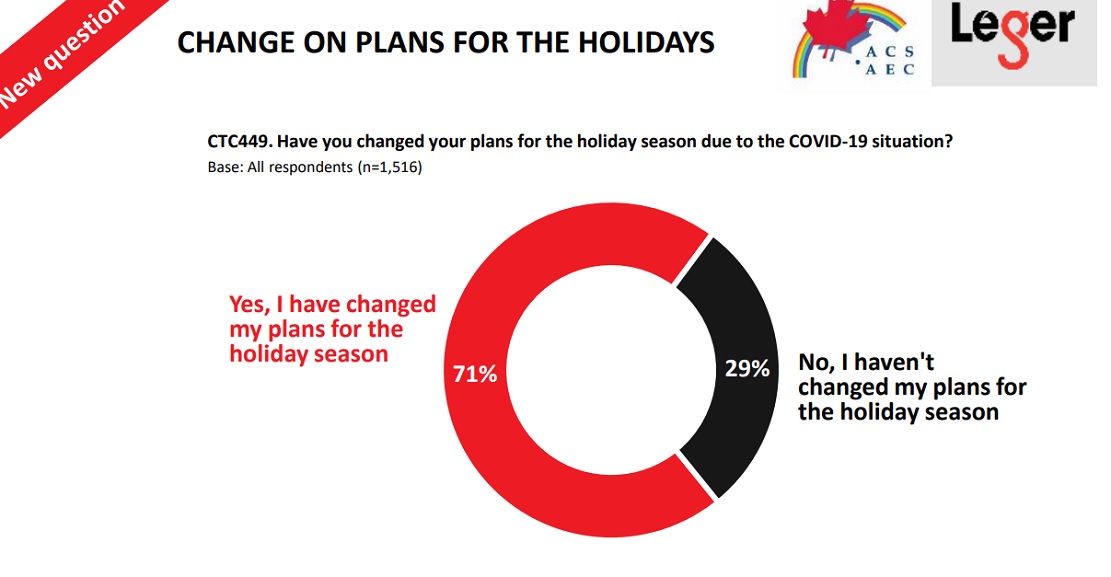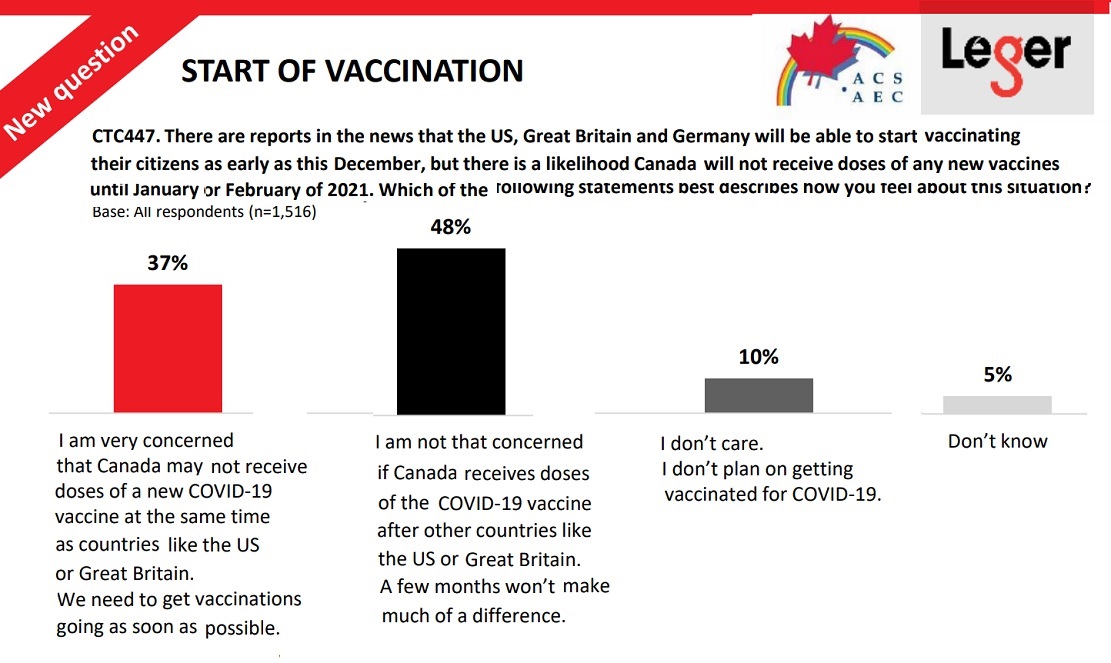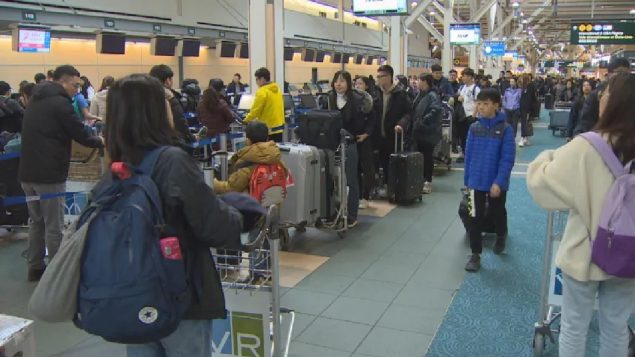Recently in the United States (and depending on data sources), roughly half as many Americans travelled to celebrate their ‘thanksgiving’ holiday compared to last year. Although the numbers were down, it still represents millions of Americans who travelled to celebrate the event with family and friends.
The numbers resulted in great concern from medical officials who now suspect a further increase and spread in virus infections in the U.S. as a result.
With the end of year religious holiday season now fast approaching many are thinking once again about travel plans, or even plans for gathering to celebrate with family and friends during this period when case numbers in Canada are on the increase.
The latest survey by the Leger 360 polling firm for the Association for Canadian Studies found that a clear majority of Canadians have changed their plans for the holiday season. In fact a quarter of respondents indicated they simply would not participate in holiday activities at all.

Leger360-ACS 2020-11-30
This is quite different from the U.S where the those who say they have changed their plans is much lower at 51 per cent. While 29 per cent of Canadians say they haven’t changed plans, 39 per cent of Americans say their plans haven’t changed.

Leger360-ACS 2020-11-30
A clear majority (60%) of Canadians also say there should be a total ban on all holiday gatherings other than immediate family. This is much different again from the U.S. where the number supporting such a move is much lower (42%).
Much of the future depends on a vaccine being approved and made available. This may happen within weeks in the U.S. and there has been concern expressed that Canadians, in spite of huge contracts for vaccine, will have to wait until distribution has begun in other countries where the vaccine is actually produced.

Leger360-ACS 2020-11-30
While this has become an issue in Parliament, apparently Canadians are not as concerned as politicians.
The survey shows 37 per cent are ‘very concerned’ that Canada is not at the head of the line, 48 per cent responded that they’re not that concerned about it. Some 10% said they wouldn’t take the vaccine. However, another more direct question on vaccination showed a higher number (17%) who said they wouldn’t be vaccinated, with a similar percentage (18%) saying they weren’t sure. Still another question on the subject resulted in the response of 11 per cent saying no to vaccination.

Leger360-ACS 2020-11-30
Resistance in the U.S was higher with 32% saying they wouldn’t be vaccinated. The belief that vaccines are dangerous is also higher in the U.S than in Canada (21% vs 9%)
When the first vaccine does become available, some 28 per cent of Canadians said they’d get it, while 45 per cent indicated they’d wait for other vaccines to become available.
As for the current ‘safety’ measures of face masks, distancing, disinfectants for hands at store entrances, etc. a majority of Canadians (63%) believe these measures will continue even after a vaccine becomes available.
additional information- sources







For reasons beyond our control, and for an undetermined period of time, our comment section is now closed. However, our social networks remain open to your contributions.